Do you ever feel confused about what went wrong in your foster or adoption story? Are you fearful about the future of your marriage and your children? Do you ever feel overwhelmed and desperate for help?
You are not alone.
Many foster and adoptive parents are raising children with complex emotional trauma, desperate for answers to heal their families. Caught off guard, these families find themselves with shattered dreams, shattered homes, and shattered hearts, with nowhere to turn for answers. Extended family members, friends, and the greater community don’t understand the challenges and can sometimes add to the problems these families face, sometimes prolonging the healing process for all.
Attachment disorder is cruel.
This book is for the wonderful-hearted people who stepped into adoption with dreams of loving a child to wholeness, only to find that children who hurt sometimes hurt people. This book is for parents who feel overwhelmed, desperate, and depleted. Or for the friend or family member who has watched the adoption story of their loved one unravel and felt helpless.
Marcy Pusey’s family has lived their own version of hope and hell in learning what real love looks like for these children. It took their marriage to the brink, their own personal mental health to its limits, their family to some dark places—but they came out in a brighter place. They surfaced with the support of their community, their dedication to making it, and a whole lot of prayer. Before Marcy was raising kids with attachment disorders, she was therapeutically supporting families who were. And now she offers this hope and help to you.
Parenting Children of Trauma brings you everything she’s learned as mama, friend, and counselor, in a new and easy-to-understand way by:
- Demystifying attachment disorders and the impact of complex emotional trauma on our homes and society.
- Breaking down current treatment options for attachment disorders.
- Equipping you with information, strategies, and stories to know you are not alone or powerless in your own home.
- Resources specifically for the friend or family member who wants to support adoptive/foster families.
Whether you’re already in this situation, thinking about stepping into it, or know someone who is in it, this book will help you set realistic expectations, redefine love, and walk away with actual tools to change the climate of your heart and your home.
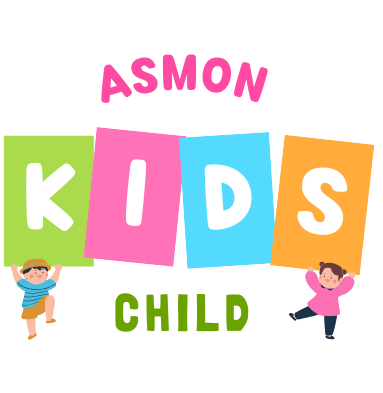
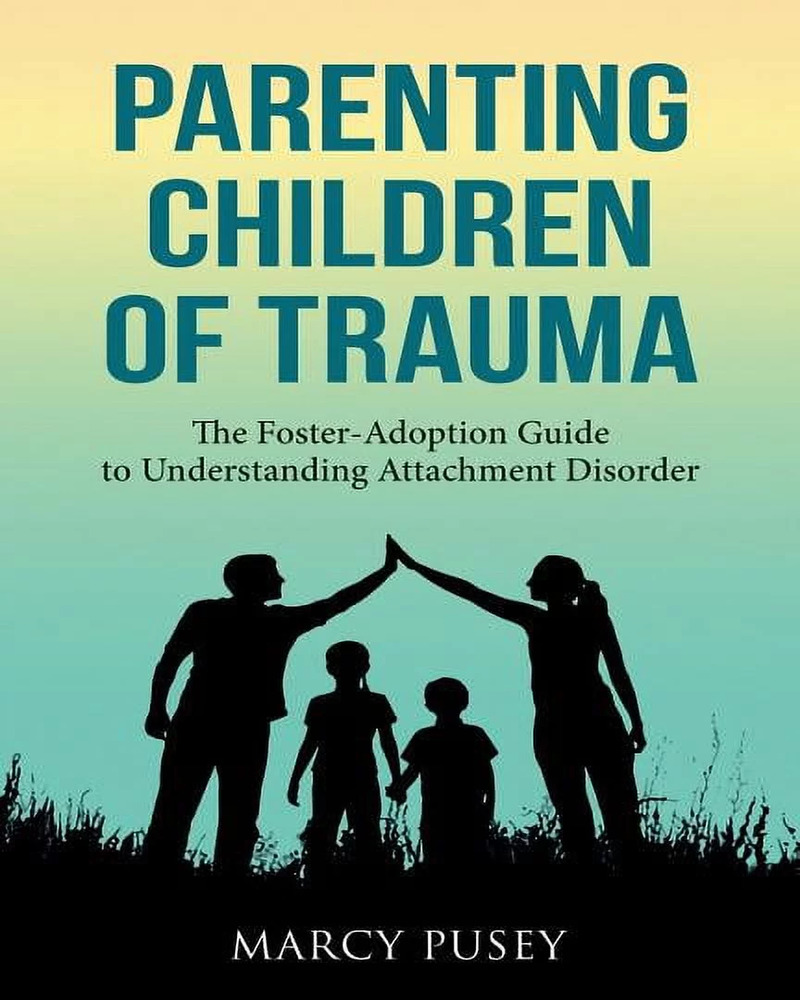
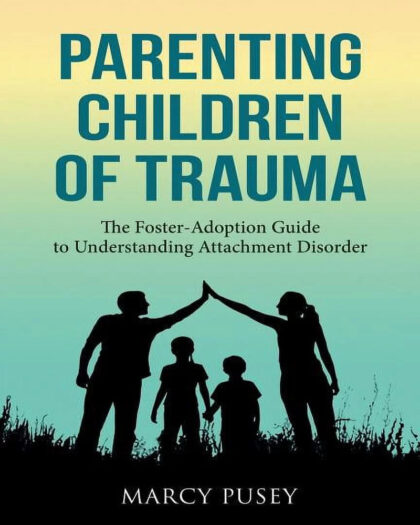
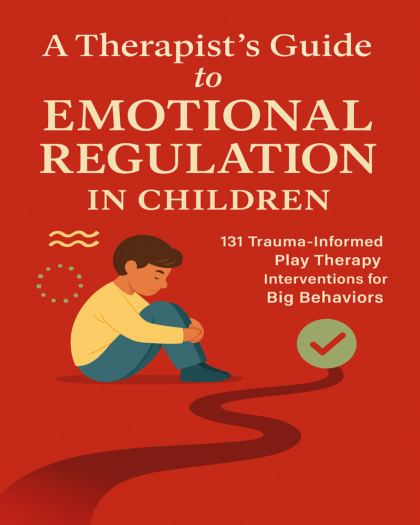
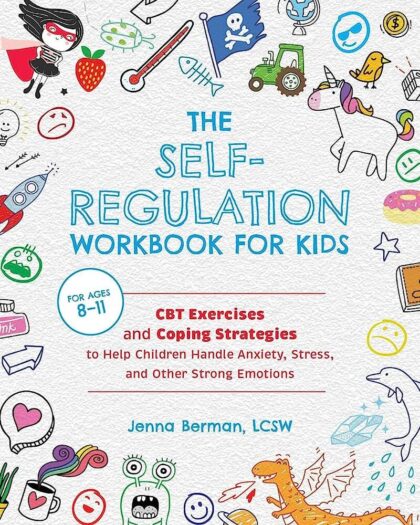
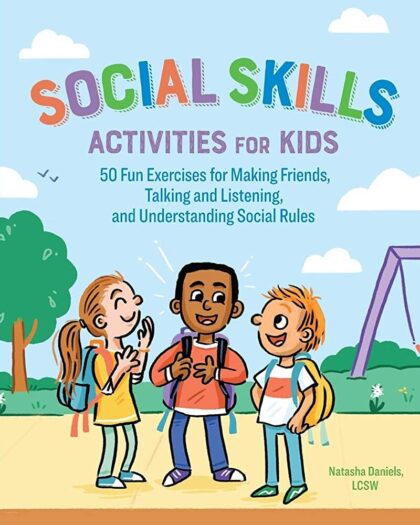
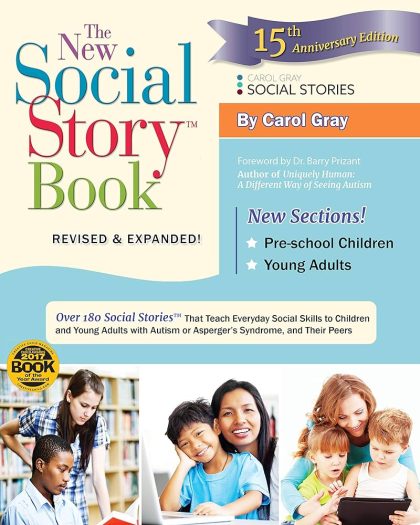
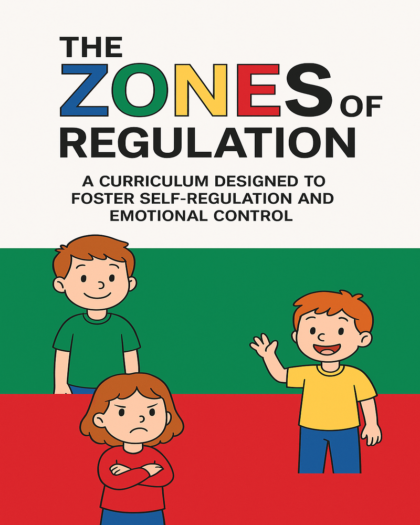
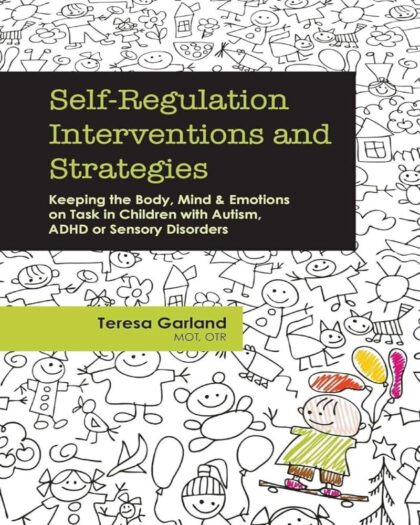
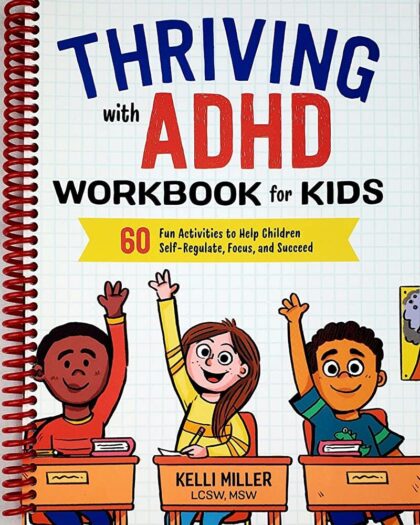
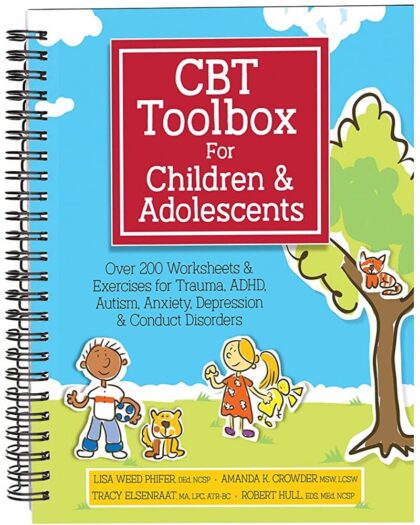
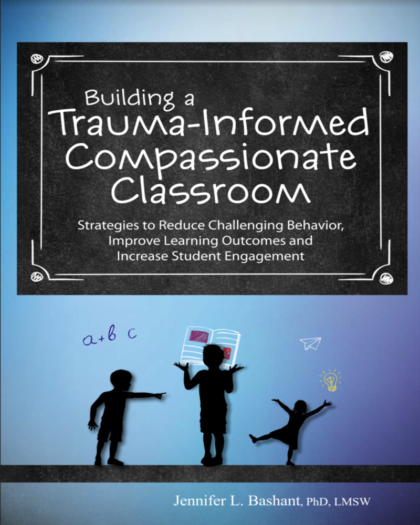
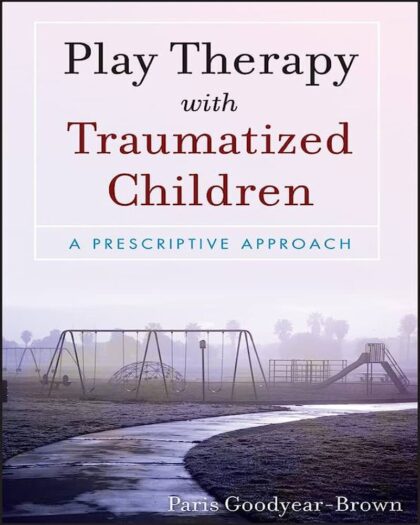
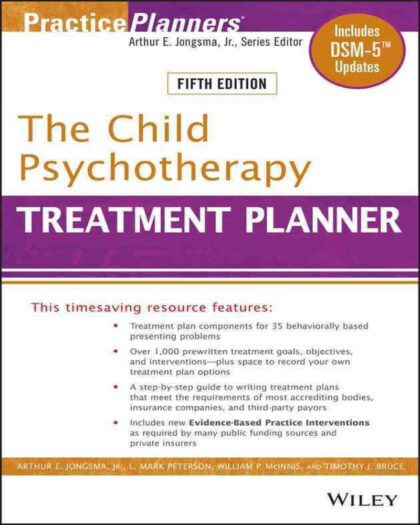
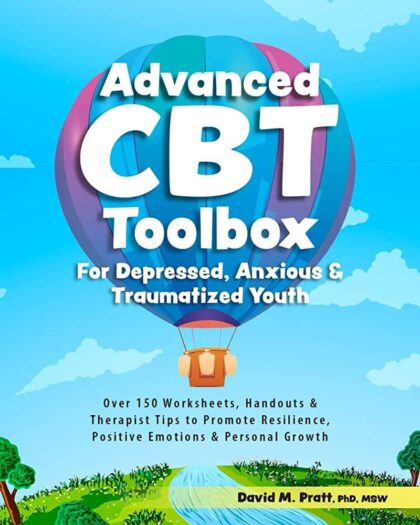
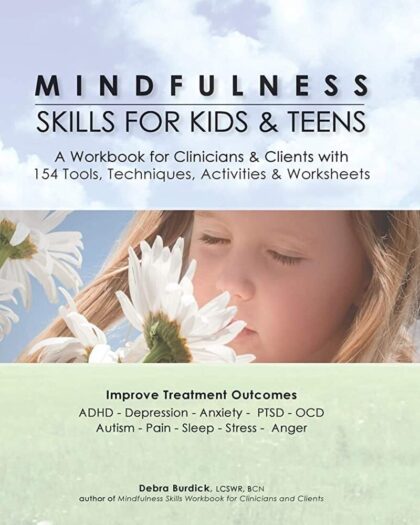
As for the rest of the actual content, also not super helpful. If you’re looking for a book that talks about how apparently awful it is to live with a child who has an Attachment Disorder, you’re in luck. Very little of this book was actually about the children. It was much more about how the children impacted the parents. It was giving strong Autism Speaks vibes.
There isn’t a whole lot of practical advice until basically the last chapter, but for me it wasn’t worth slogging through everything else to get there.
And yet realigned my expectations to a far more realistic view of what is going on in their brains.
Easy to read.
My only regret, which is more about the DSM than about this book, is that the relational trauma that I see a lot in my therapy practice doesn't really find an echo in the current classification.
I read the descriptions of what children with attachment disorders do and realized just how good I have it. My highly sensitive child—well, some of Marcy Pusey's strategies sound helpful for when she has a whopping fit, but otherwise she's not the bell curve outlier I thought she was, just a little off center. All our kids show us affection: what a blessing! ...and I could go on.
If your lot is harder, if yours is a child with a difficult past and disordered behavior, I suspect the single most important perspective will be that it's not you, it's your ill child. Marcy Pusey has some ideas that will help you help their illness, but more importantly she offers validation, empathy, affirmation, and encouragement. She's been there herself; she knows the view from the brink. Your work is tremendously important: I commend you, I admire you, and I thoroughly recommend Marcy Pusey's "Parenting Children of Trauma" as a resource.
Personally, being someone who has been on the path of recovery from trauma in my own attachment history, I found this book very helpful. Although I’m not a foster or adoptive parent, I found insights that I can use in my own parenting. I highly recommend this book.
I will be buying several copies and sending them to my friends who have children with attachment issues. I know it will be one of the best, most helpful books they have ever read. I have no doubt this book will validate their difficult experiences, while helping them find ways to love their children, and maintaining a greater level of sanity in the household.
Parenting kids with histories of trauma can be so very hard. Marcy's book is the best resource I have ever found to give parents concrete advice & solutions on how to make it easier.
I really appreciate the Resources section at the end of the book.
This is a book which I recommend because of the practical and helpful information, and the stories I can learn from.
For those who love their kids, but struggle to see positive change in them, you will be encouraged to keep loving, but equipped with practical tools to keep you in the game for a lifetime.
You can help these children by being there and loving them, but no one can get inside a child's head and fix everything for them. These are both a struggle and a blessing to every parent, but can be especially difficult for Foster parents who wish they could change a child's past
This book will educate you where you need education and encourage where you need encouragement.